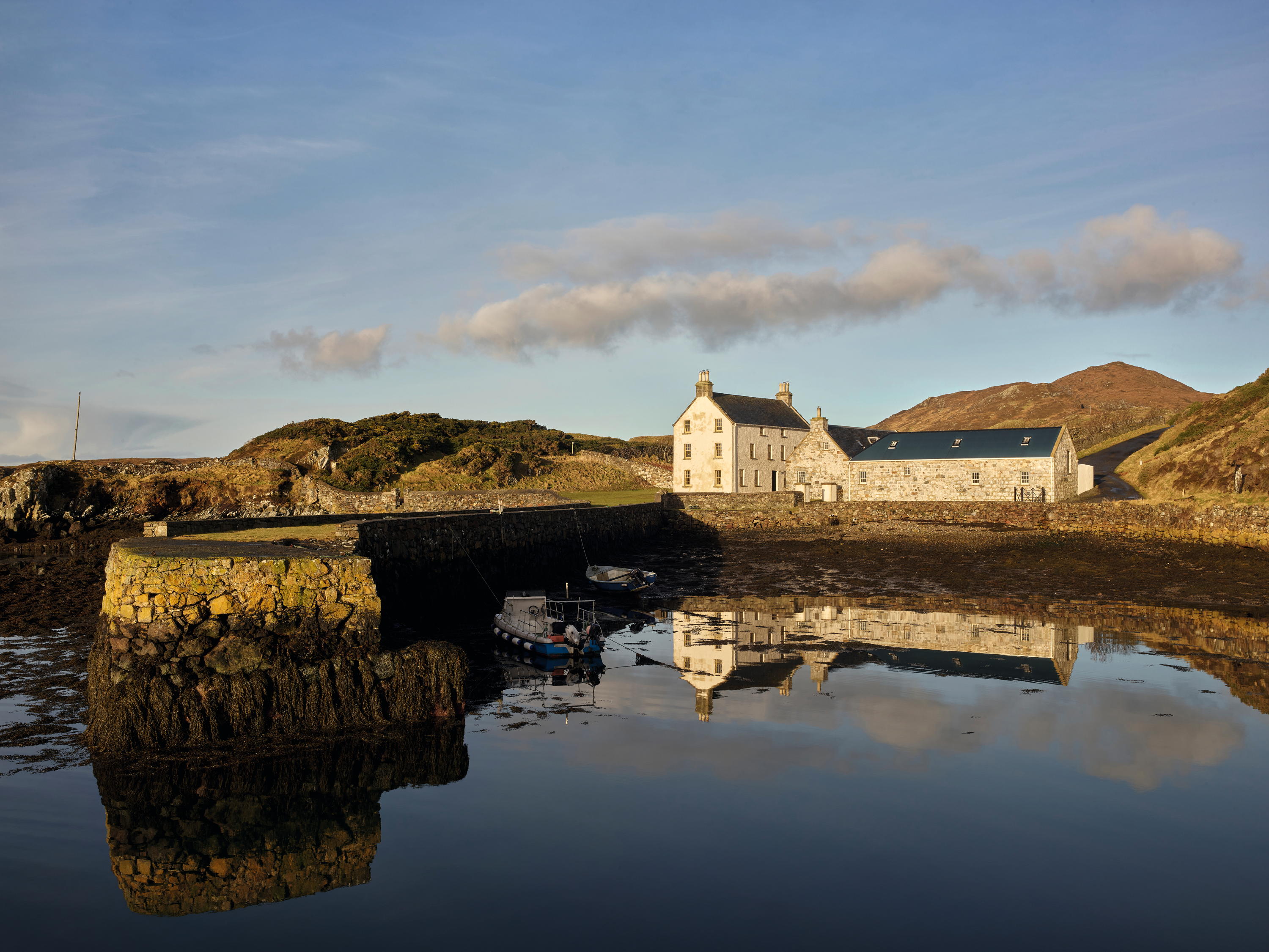Spectator - Carla Carlisle
Carla Carlisle thinks back to last advent, when upon asking for only presents which could be eaten or read, she received four copies of Eats, Shoots and Leaves, and was left wondering whether people were trying to tell her something?


I cannot remember an Advent that began with the oaks still in full leaf. It is bitterly cold and even the turkeys look like chain smokers as plumes follow their gobble breath, but still the leaves cling on.
The Advent spirit of preparedness once dwelt on by liturgists and poets is now confined to shopping lists, Christmas countdowns by celebrity chefs, thick supplements of luxurious desirables and, most dubious of all, Advent calendars filled with chocolates. That's a secular step too far for me, and I find myself longing for the good old High Anglican tradition of austerity before the great celebration and feasting of Christmas.
But, in the spirit of truth, I don't have an austere bone in my body. I love comfort, roaring fires, a plentiful table, cashmere socks and 100watt light bulbs. I aspire towards the plain and simple life, but I'm easily distracted. It was in one of those meditative moments last Advent that I announced to those near and dear to me that I wanted a simpler, purer Christmas. 'I really don't want anything for Christmas,' I said firmly. 'At least, nothing which is not edible or readable.' And behold, on Christmas Day, my wishes were honoured: I received four copies of Eats, Shoots & Leaves and a goat.
The goat, like the three wise men guided by a star, I have to take on faith. It was not mine to eat, but a Toggenburg nanny goat given in my name to a family in a Kenyan village. My husband was alarmed: 'Goats are an ecological disaster. They devour all vegetation.' My sister was pragmatic: 'Trade it for a Mongolian goat and you can diversify into cashmere.' Only Sam was sensitive: 'A goat and a bale of Eats, Shoots & Leaves. Bad luck.'
What troubled me about the Trussian quartet was this: did my kind donors perceive a need? Had they been troubled by my feckless commas and wayward apostrophes? This was painful to consider for two reasons: my greatest literary hero is the Czech novelist Milan Kundera, and the only book that has followed me from country to country, without fail, is The Elements of Style by William Strunk, revised by E. B. White.
Every few years, I reread The Unbearable Lightness of Being, but Mr Kundera is my hero because he once fired a publisher who replaced a semicolon with a full stop. As for Mr Strunk, he put my feet on solid ground with Rule 1: Form the possessive singular of nouns with 's. Follow the rule whatever the final consonant. Thus write: Charles's wife Camilla; Miss Truss's best-sellers. But his Rule 13 has been the guiding light of my life: 'Omit needless words.' Pinned on the wall above my desk is his elaboration on the theme of brevity: 'Vigourous writing is concise. A sentence should contain no unnecessary words, a paragraph no unnecessary sentences, for the same reason that a drawing should have no unnecessary lines and a machine no unnecessary parts.'
What a noble mission: be bold, be brief, be clear. Mr Strunk had no patience with the vague and the hesitant: 'If you do not know how to pronounce a word, say it loud! Don't compound ignorance with inaudibility.'
Sign up for the Country Life Newsletter
Exquisite houses, the beauty of Nature, and how to get the most from your life, straight to your inbox.
The Elements of Style is like an Advent hymn, praising the beauty of austerity and the power of preparedness. However, this year I will not dictate to my nearest and dearest to 'Omit needless presents'. I am aware that Miss Truss has a new volume out on the subject of manners, but my grandmother was the Mr Strunk of that field. 'Manners,' she stated with unforgettable audibility, 'are more important than brains.'
This article first appeared in Country Life magazine on December 8, 2005.
Country Life is unlike any other magazine: the only glossy weekly on the newsstand and the only magazine that has been guest-edited by HRH The King not once, but twice. It is a celebration of modern rural life and all its diverse joys and pleasures — that was first published in Queen Victoria's Diamond Jubilee year. Our eclectic mixture of witty and informative content — from the most up-to-date property news and commentary and a coveted glimpse inside some of the UK's best houses and gardens, to gardening, the arts and interior design, written by experts in their field — still cannot be found in print or online, anywhere else.
-
 Rodel House: The Georgian marvel in the heart of the Outer Hebrides
Rodel House: The Georgian marvel in the heart of the Outer HebridesAn improving landlord in the Outer Hebrides created a remote Georgian house that has just undergone a stylish, but unpretentious remodelling, as Mary Miers reports. Photographs by Paul Highnam for Country Life.
By Mary Miers
-
 380 acres and 90 bedrooms on the £25m private island being sold by one of Britain's top music producers
380 acres and 90 bedrooms on the £25m private island being sold by one of Britain's top music producersStormzy, Rihanna and the Rolling Stones are just a part of the story at Osea Island, a dot on the map in the seas off Essex.
By Lotte Brundle